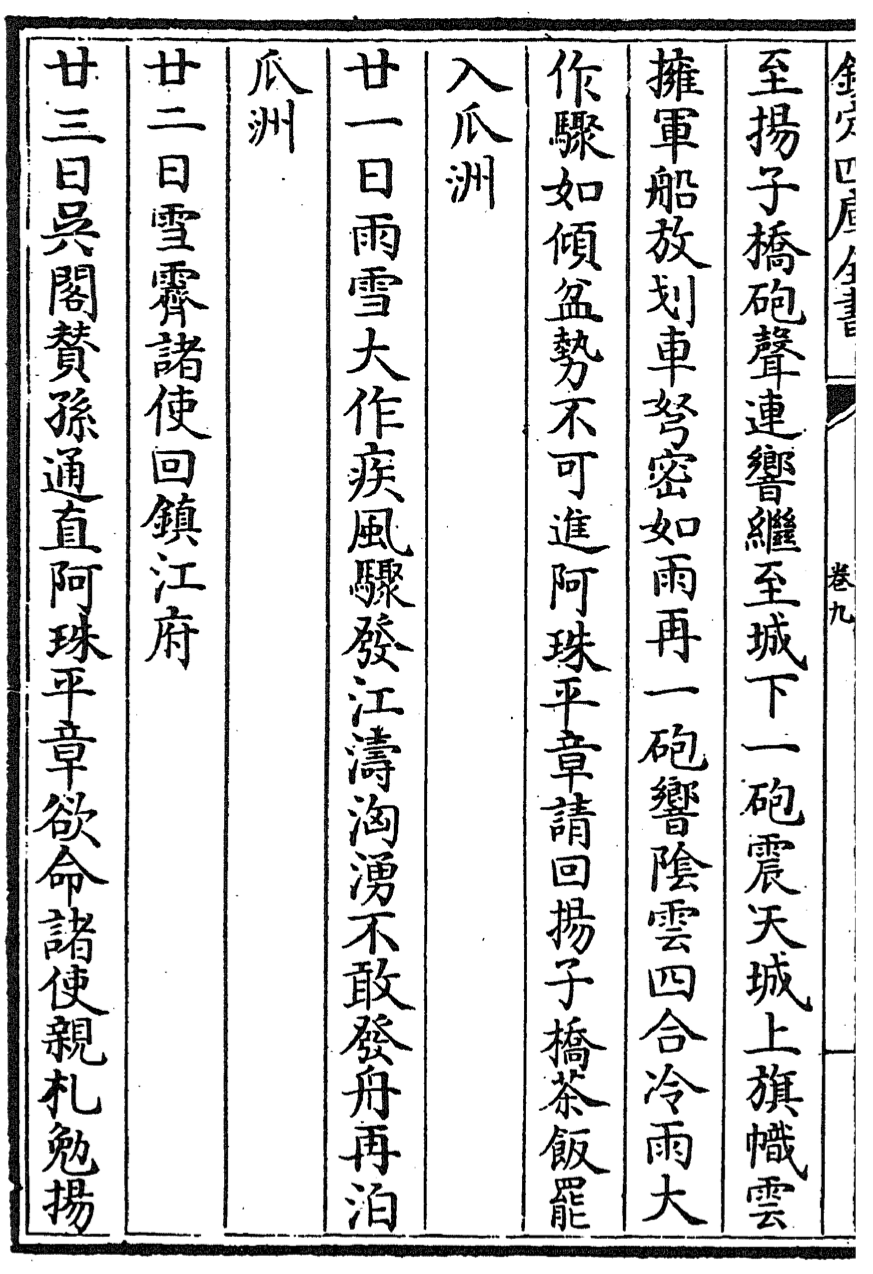After reading Romance of the Three Kingdoms, I was surprised to see a lot of references to 砲響 (the sound of cannonade). Here's a few examples:
嚴綱鼓譟吶喊,直取麴義,義軍見嚴綱兵來,都伏而不動;直到來得至近,一聲砲響,八百弓弩手一齊俱發。
城中全無動靜,眾軍一齊擁入。只聽得一聲砲響,伏兵四起。曹軍急退,背後張繡親驅勇壯殺來。
Obviously there was no gunpowder or cannons back then (the story was set in the 3rd century AD, and gunpowder was thought to have been invented in the 9th century AD), and the character 砲 suggests that it's a catapult instead. But the passages and wording (一聲砲響) suggests that it makes a single loud sound heard across the battlefield. Were catapults really that loud? Why would it be a single sound, and not a series, i.e. if a commander has multiple catapults and orders a volley? Or is it something other than a catapult?

号炮began to appear from Yuan Dynasty, especially in 元杂剧(Yuan poetic drama). And 三国演义 is written in Ming Dynasty, and it might be influenced by 元杂剧, they're all literary works. So I think it doesn't mean号炮was used in 三国 period actually. It seems before Yuan Dynasty, 金/鼓/旗/火 are usually used as command signals.